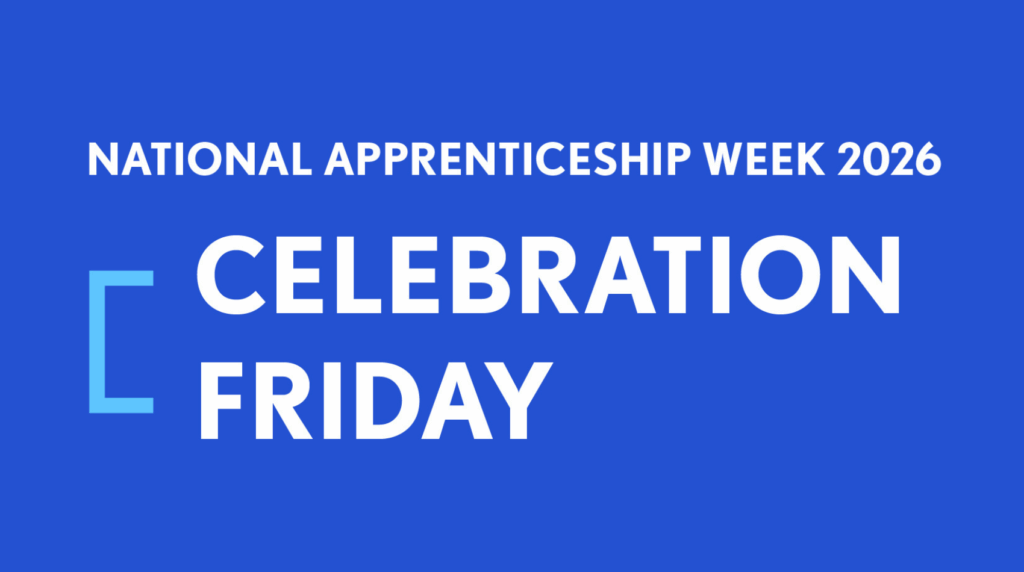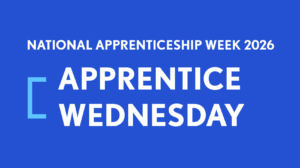Andrew Steel,
IT, Website & Marketing Manager
8th October 2021
A guide to saying no but still being positive!
Hiring the right applicant to join your team can be a tiresome task. If you have ever found yourself buried in CVs and application forms, you’ll know the struggle of finding a needle in a haystack. However, what often gets ignored during this process is to respond to those who didn’t quite cut it. How you go about turning down candidates is crucial. After all, most companies reject far more people than they hire, and in today’s interconnected world, people can share their experiences more efficiently than ever. Therefore, an adverse reaction could impact the next time your hiring as statistics show company reputation is essential to 95% of job seekers.
So, how can you increase the odds that even rejected candidates will become advocates for your company? Here’s a quick guide to follow when saying no.
-
Don’t Ghost Applicants who haven’t made it
This no-response style of rejection happens too often. It’s understandable sometimes taking the time to respond individually to every applicant isn’t logistically possible. However, for applicants who have made it through to a later stage in the application process, not ‘having the time to respond’ simply isn’t good enough.
In that case, you must acknowledge their efforts in the process. Adopting a “no answer means no” rejection strategy isn’t a good enough solution. Leaving these applicants waiting for your response can be damaging to your companies reputation. In a recent Indeed study waiting to hear back from an employer is the number one pain point for 48% of job seekers.
-
Every Candidate deserves a response
A short email response will suffice for those still at an early stage in the application process. Email templates are a quick and easy way of reaching out to an extensive mailing list. Most people can create a standardised template fairly quickly within Outlook that can then be personalised to each applicant.
So at a minimum, make sure that you have a polite email ready for those who didn’t make it past the CV stage or phone screen.
Thank them for taking the time to apply, and make sure you wish them the best in their job hunt. And, of course, leave the door open for them to apply to you again if another suitable role appears.
-
Offer Feedback and explain why they didn’t get the job
If an applicant has made it to a later stage, you should acknowledge their application time and efforts. Depending on the amount of communication between parties, you should also make an effort to personalise the email. Thanking the candidate for their time and interest and showing empathy in your rejection process will benefit both parties.
Explaining why an applicant was unsuccessful can help prepare for their following interview and offer you the chance to reflect on your expectations for an ideal candidate and promote vacancies better moving forward in the future.
Examples of this feedback are: If you were looking for more experience in a particular area, say so. Did the project you were hiring for fall through? Let them know. Were their deficits skill-related? Be clear about any certifications or experience that would have improved their chances.
If they appreciate your feedback, they may share it within their circles or online, giving your reputation a boost.
-
How to handle rejected candidates & adverse reactions
Rejection can be tough to take. At one stage in our lives, we have all been through it, and for some, feeling scorn or disappointed might lead their emotions to get the better of them, ‘prompting them to bite back. Nowadays, it’s too easy for someone to leave a bad review or a negative message on social media. If not handled correctly, it can have severe implications for your company’s reputation if not dealt with adequately.
Don’t take this reaction personally; try to remember that the person is most likely frustrated with the situation, not you, and their emotions can have them directing that frustration outward.
When dealing with a hostile rejected candidate, keep things brief and stay calm. As always, be respectful and empathetic, but do not play into their combative behaviour. This will only heighten the situation.
-
Finally to sum up
We all want to be treated with respect, so put yourself in the candidate’s shoes and remember that everyone you deal with, even those you don’t end up employing, is a potential ambassador for your company!
Want more hiring tips? Please take a look at our help and advice for more information on hiring quality candidates. Have you considered using our trainee or apprentice programmes to get reassurance about who you might be hiring? We are proud to offer select courses across a range of industries and specialisms current with today’s workplace requirements.
To find out more about how Kiwi Education can help launch your career contact 02380 170380 or Hello@kiwieducation.co.uk
Employers
Read More
Individuals
Available Courses
International
Our Partnerships


